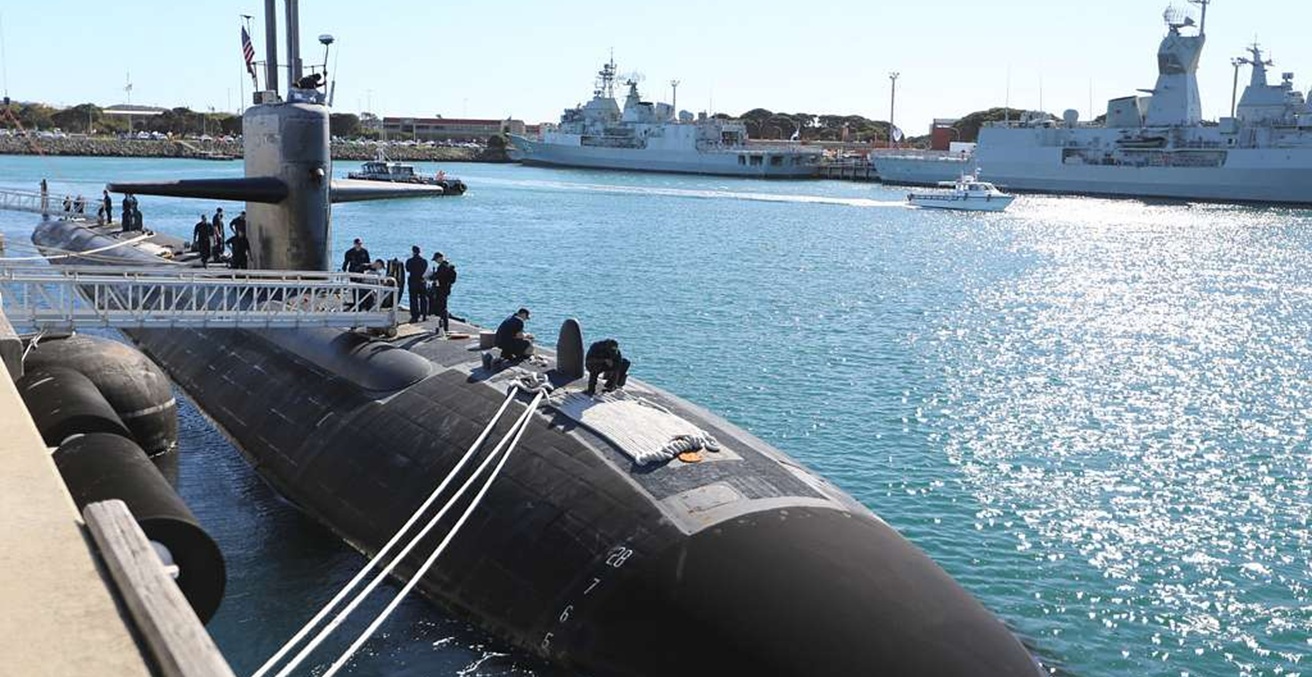Coronavirus doesn’t just take a toll on lives and livelihoods – it also hits mental health hard. In the highlands of Papua New Guinea, the International Committee of the Red Cross is working with communities to curb the veiled consequence of both violence and pandemic.
I landed in Port Moresby on the last flight into town, as the COVID 19 pandemic was making its way unabated through Asia and Europe and the rest of the world was bracing for what was to come. Family and friends had warned against travelling back, urging me to return to the UK as they thought flights would cease for the year. For me, I knew that the mental health consequences of COVID-19 for communities in Papua New Guinea (PNG) would be vast. Considering this impact, there was never a question of whether to return or not. Vulnerable health infrastructure and difficult access to services, compounded with existing mental health conditions due to conflict or sexual violence, all increase the potential humanitarian fallout of the pandemic in PNG. The role of mental health and psychosocial support is essential now more than ever.
After arriving back at my Mount Hagen office in Western Highlands Province, flights in PNG were totally shut down, both domestic and international. That same day, the country declared a state of emergency, shutting down our ability to move within and between provinces for work. It was a strange feeling. This was a symbolic moment. It felt like there was no going back. Even though efforts were being taken to address the pandemic, a full-blown COVID-19 outbreak would still be devastating.
The International Committee of the Red Cross (ICRC) started its mental health and psychosocial support (MHPSS) program in the PNG Highlands last May. The program aims to respond to the mental health and psychosocial needs of people affected by violence and sexual violence in relation to tribal fighting. Our objectives are to reduce distress, improve positive ways of coping, and increase people’s ability to function day-to-day.
Throughout the fortnight of total lockdown, we had limited access to our areas of operation. We did our best to provide remote support by sharing relevant mental health and psychosocial information and support over the phone to our colleagues working in the provincial hospitals who were preparing for outbreaks. But it was very clear there was a need for us to provide support in person. In response, we developed a culturally tailored training manual for frontline responders to the virus. This allowed us to build solid training foundations so we could continue to coach and supervise responders. We also knew that we were racing against the clock in terms of providing trainings.
As an organisation, we needed to strike a balance between risks to our teams and our duty as aid workers to lessen the impact of the pandemic. We made the decision that while cases remained low and as long as we took careful precautionary measures, we would do our best to prepare the communities we work with for potential outbreaks.
After the lockdown period, the ICRC received a special exemption to move between provinces. The provincial hospitals made numerous requests for the ICRC to train frontline health workers on mental health. We organised and delivered these trainings while taking special precautionary measures. Frontline health responders from all the provincial hospitals where we work were taught how to look after themselves in case of an outbreak – as well as how to communicate with and support others in terms of mental health and psychosocial care. Understandably, the front-line health responders have been extremely worried and fearful about the possibility of an outbreak. How would they cope? How would their families cope? What would happen if their family members fell sick and they could not get to them? How would they continue in their role without adequate personal protective equipment? It’s important to remember that these responders live among the very communities where they work. These communities are already experiencing high levels of stress, but responders feel an additional mental health burden due to their work on the frontlines. After the trainings, these frontline responders felt better prepared to respond to COVID-19, for themselves and others.
Beyond frontline responders, the ICRC sees the need to promote mental health in the communities where it works more broadly. The ICRC has also been providing COVID-19 mental health psychoeducation and sensitisation programs within our community networks to ensure that people know how to look after their own mental health. Because the MHPSS program is in PNG is to respond to the mental health and psychosocial consequences of violence, including sexual violence, we have been working with the rural health structures and Family Support Centers, where victims of family and sexual violence go for medical and psychological assistance, to ensure that staff have the help they need. We have also been providing psychoeducation through videos developed in people’s mother tongues.
Much like the frontline responders we’ve trained, I worry for my family thousands of miles away in the UK. I think, for me, the hardest part is knowing that if something were to happen to my elderly parents, I would not be able to reach them in time, given travel constraints. They are currently living under lockdown and are having their own struggles. I try my best to speak to them frequently, which helps in some ways to reduce my own fear. It will be my mum’s 70th birthday in September, which I hope I can make it back for, but we will have to see. As an organisation, the ICRC certainly recognises the stress and challenges that its delegates can experience from the field. There are systems in place to support the mental wellbeing of the delegates, including regional staff psychosocial coordinators and psychologists in Geneva for psychological support when needed.
The back-to-back field trips these last couple of months have been mentally taxing – the lack of sleep and creature comforts can always be a challenge. Field trips can be stressful as they always mean more reports and office tasks. I am lucky enough to be surrounded by incredible colleagues, both locals and expats, who have become my friends and immediate support system within the country. We laugh, eat, and support each other. I think without having them, this whole situation would have been made much more difficult.
What gives me additional strength is knowing that, in case of a full-blown outbreak, we will have done our very personal and professional best to prepare the communities we work with to respond.
Charlotte Blackman is a Mental Health and Psychosocial Support Delegate with the International Committee of the Red Cross in Papua New Guinea. She is based in Mount Hagen.
This article is part of the “Conflict and COVID-19” series by the International Committee of the Red Cross in partnership with AIIA, highlighting the overlapping humanitarian fallout of war and pandemic.
The views expressed above are those of the author, and do not necessarily represent those of the ICRC.




